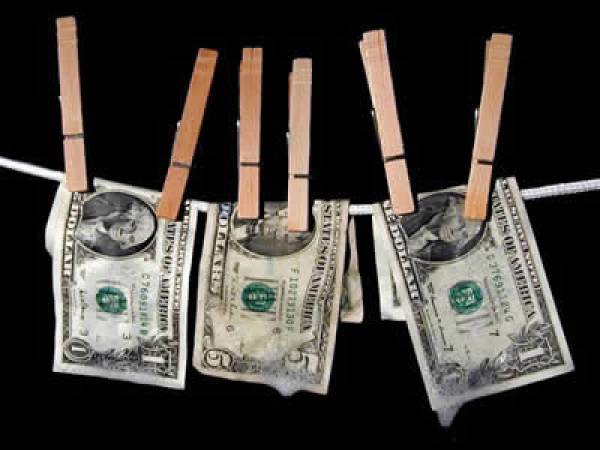Poker Players Fear New International Electronic Funds Transfer Policy Proposal

A new proposal by the Obama administration to have all international electronic funds transfers recorded has poker players on edge. The online poker playing community fears that such a policy would make it even more difficult to transfer funds to and from their favorite card rooms.
The Treasury Department proposes for banks to make weekly reports of all electronic money transfers into and out of the United States. Until now, only transactions of $10,000 or greater had been reported.
The intention comes under the guise of helping to combat terrorist financing and money laundering activity, but online poker players remain skeptical.
Current legislation holds banking institutions responsible for policing transactions between online poker sites and US players. Because most Internet poker rooms operate outside the United States in places where there are no laws against gambling online, these businesses are not considered “illegal” within the host jurisdiction (including Great Britain). Likewise, the current federal law does not make it illegal for a person living in the United States to place bets on the Web (though Washington State does make it a Class C felony, the only individual state to do so). As such, US authorities have focused their attention on the actual payment processors or intermediaries.
Banks have long claimed they do not have the capacity to monitor such transactions, especially since there are carve-outs in the law that allow for certain online gambling transactions like horse racing.
One concerned poker player had this to say on the Two Plus Two Posting forum:
Interesting and far-reaching implications imo.
This is another nail in the coffin of online poker. It will make enforcement and detection of American money transfers to poker sites outside the U.S. simple and easy.
Until now these transactions have flown under the radar as a result of the fact they were never reported.
If you transfer money to a company that is now linked to money laundering, you run a real risk of becoming entangled in any legal prosecution of that entity if your name is associated with it.
And now any financial association I have with that accused company will be transparent for the gov't to see.
It is estimated that it would cost about $33 million for the financial crimes network to put the rules into effect.
“By establishing a centralized database, this regulatory plan will greatly assist law enforcement in detecting and ferreting out transnational organized crime, multinational drug cartels, terrorist financing and international tax evasion,” said James H. Freis Jr., director of the Financial Crimes Enforcement Network, which is a bureau of the Treasury and is known as Fincen.
In recent weeks, the only of one online poker payment transaction firm facing up to 55 years behind bars on money laundering charges, Canadian Douglas Rennick, was instead sentenced to 6 months probation. Two other men running separate companies are still awaiting their fate.
Christopher Costigan, Gambling911.com Publisher













